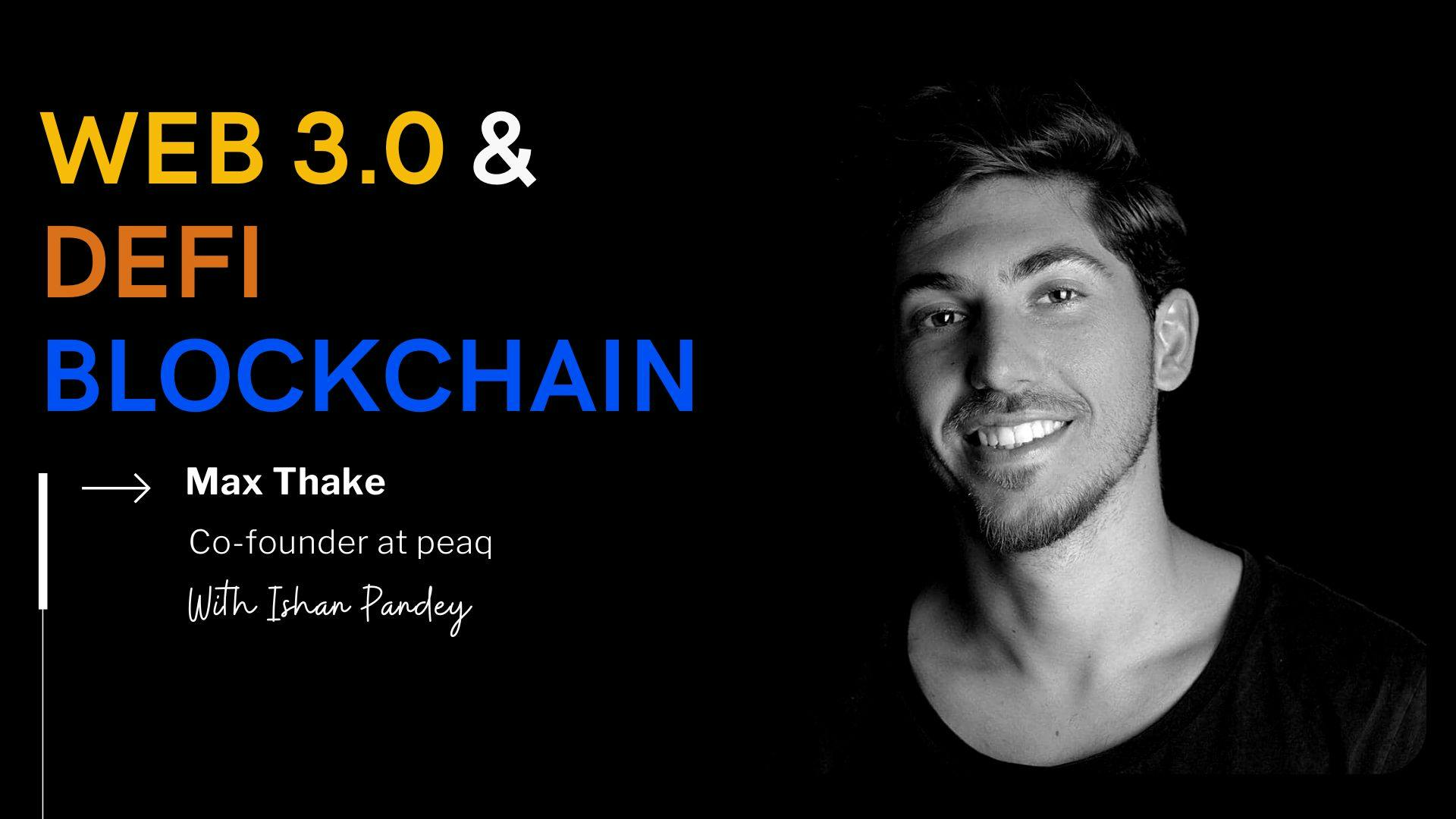584 reads
Web 3.0 and Blockchain Will Nourish the Economic Infrastructure of Tomorrow
by
December 3rd, 2021
Audio Presented by

Building and Covering the latest events, insights and views in the AI and Web3 ecosystem.
About Author
Building and Covering the latest events, insights and views in the AI and Web3 ecosystem.
